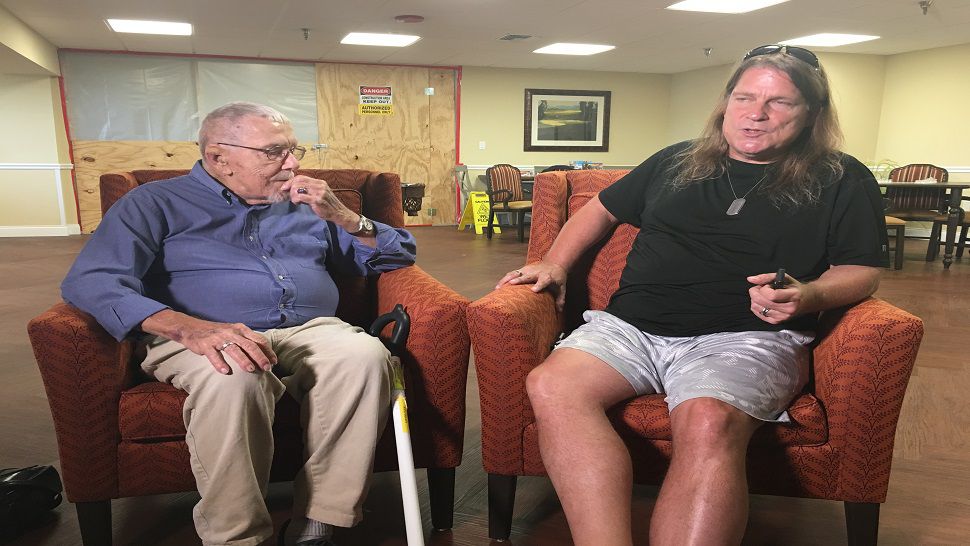TARPON SPRINGS, Fla. –- The Ohio-based Packard Institute is holding its first Florida Recovery Coach Academy this fall at a private home in Tarpon Springs.
- Location chosen because it's close to Pasco County
- Helping Nature Coast residents overcome addiction for almost a decade
- Uses mentors, classses to help people recover from addiciton
The location was chosen in part because of its close proximity to Pasco County, where the institute has been bringing people for counseling and retreats on the Nature Coast for nearly 10 years.
"I no longer see the opposite of addiction as sobriety," said Packard Institute Director Raynard Packard. "We feel the opposite of addiction is connection, and recovery coaches are a fundamental part of that connection."
Packard said this first academy filled up within hours of a Facebook post announcing it. In October, 15 people will take part in 30 hours of training during a four-day period.
Packard said students will be taught the Connecticut Community for Addiction Recovery (CCAR) curriculum.
It includes going over the guiding principles of recovery, building skills to enhance relationships, and exploring the dimensions of recovery and recovery coaching.
Packard said all recovery coaches will have some experience with addiction, though that doesn't necessarily mean they'll be in recovery themselves.
"You may be a family member of significant other," he said. "Surely you have suffered your own journey with whatever malady. It is the lived experience that defines the recovery coach."
Among the students expected to take part in this first Florida training session is Arthur W. Stevens, 94. Packard said he’ll be the oldest coach trained by the program.
"It's awesome," Stevens said of his senior status.
Stevens struggled with alcoholism, drinking his first alcoholic beverage at age 13. He said he believes he was an alcoholic before graduating high school, a problem that grew progressively worse during his service in the Navy during World War II and after.
"It allowed me to do things – allowed me to overcome a lot of my bad feelings," Stevens said.
Also a former pastor of more than 30 years, Stevens said he's been sober for 34 years and is looking forward to helping others facing their own struggle.
He said it's something he already does on an informal basis with people in his everyday life.
"(I) just help them to feel good about themselves today. A lot of people really are not feeling at all well," Stevens said.
Once they complete the academy, Packard said Stevens and fellow trainees will be connected to those in the community struggling with opioid dependency or other substance abuse issues.
"They're able to do things, go places, affect change in ways us old office-bound dudes just cannot do," Packard said.
Packard said he's helped train hundreds of recovery coaches for the state of Ohio. Funding from the United Way is what helped the institute form academies of its own and helped pay for scholarships for some participants.
"Modern medicine still treats people with mental health challenges and substance abuse disorders as second class citizens. There's still this enormous stigma," he said.
Overcoming that stigma is part of what Packard said he hopes the academy can accomplish. He said plans are in the works for future trainings in Tampa Bay.



